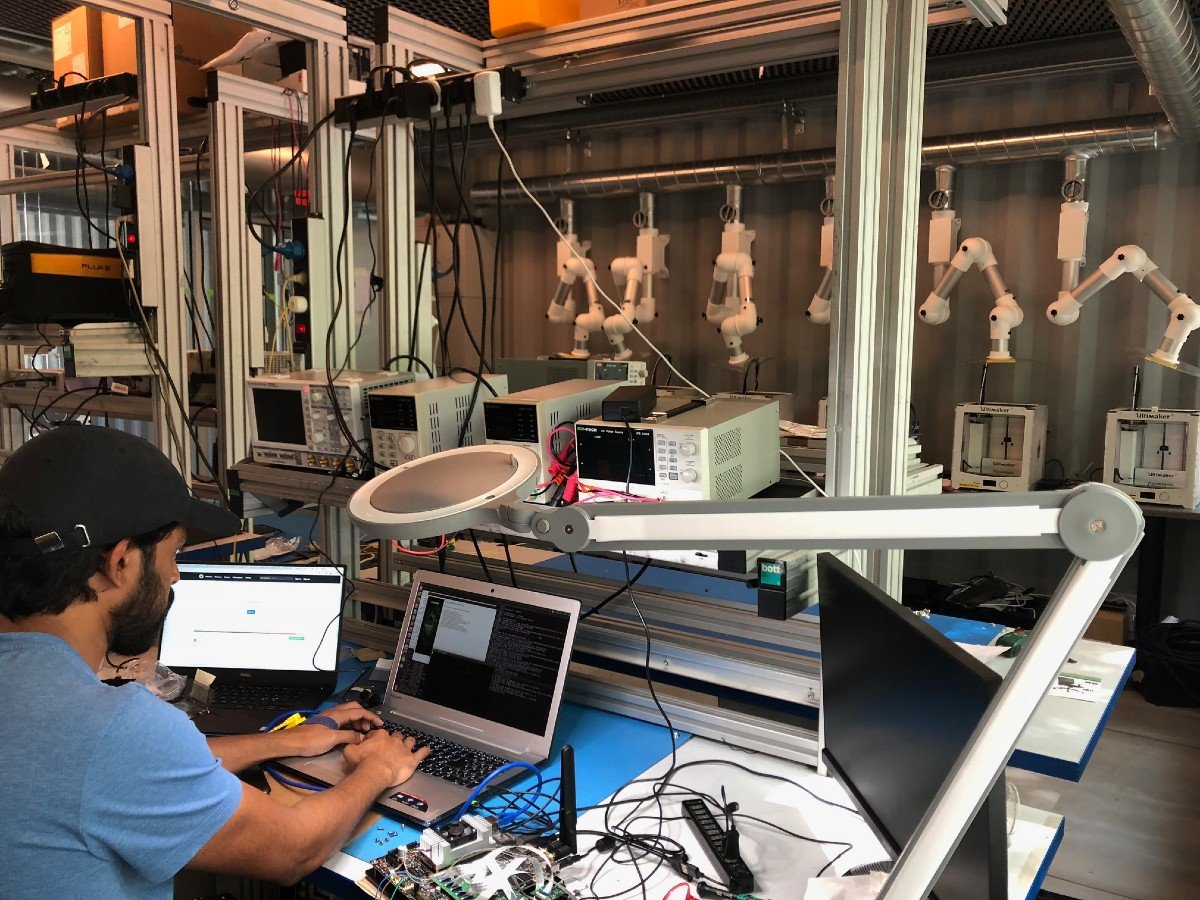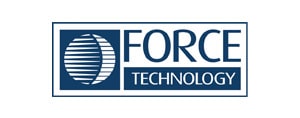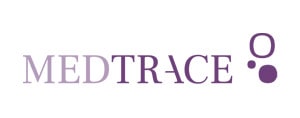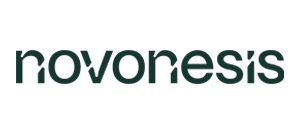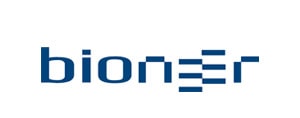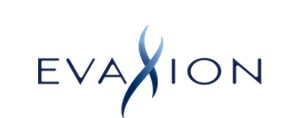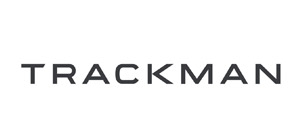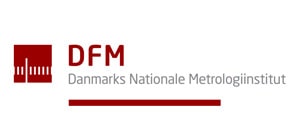“Personally, I have been part of launching more than 30 new products, many of them from the very beginning, and I have never experienced that it wasn’t necessary to make smaller changes during the scale-up phase.”
Helle Olund Villumsen, CEO, Kapacitet
At Kapacitet, startups are supported with exactly that mindset. Kapacitet is a house of consultants where engineering and craftsmanship go hand in hand and where startups get support with problem solving and solution design. Futurebox had a talk with Helle Olund Villumsen, CEO of Kapacitet, about how they help startups get a clear product specification, develop the right concepts and prototypes, do tests, how the MVP should be, and much more. And if you ask Helle Olund Villumsen why focusing on product development is important, the answer is clear:
“I have met startups who have worked for many years on their startup, but where the technological foundation isn’t settled. That hurts to see as it’s costly for both the founders and the investors,” says Helle Olund Villumsen.
With a background as mechanical engineer from DTU and more than 30 years of experience with product development in companies like GN Store Nord, Nilfisk, Novo Nordisk, etc., Helle Olund Villumsen knows what she is talking about when she advices startups to focus on the necessary and the sufficient. “It may sound obvious, but it’s actually where we help out startups a lot. Often startups want much more than what is necessary. We support them cut to the bone and get faster to the market, get experience with the end user and customers, and then back to product development and make new product upgrades,” she says.
Does it even work?
When Kapacitet helps startups, they look at the technical solution and the commercial aspect – does the technical solution solve the problem that it is supposed to do, and does it have market potential? In other words: Does it even work?
“As an example, we had a startup who wanted to use a specific technology to manufacture textile. We had to challenge the fundamental physics and the processes, and they actually had to start over to obtain a doable technology. Fortunately, they ended up with a simplified solution for the application,” says Helle Olund Villumsen. To avoid spending valuable time on starting over, Kapacitet often goes back to the fundamentals when working with startups. “We support with a product specification that can be quantified. Hence for each product requirement we define numbers and units, in order to specify a product that can be tested and validated accordingly and that performs the way it is supposed to,” she continues.
A can-do-spirit mixed with realism
Lack of a can-do-spirit is rarely seen among entrepreneurs, which is a good thing because a can-do-spirit is crucial to succeed. What Kapacitet does is mix the can-do-spirit with a healthy amount of realism. “Where we sometimes see startups fail, is when they are not realistic enough, they are too ambitious and too much in love with their idea for too long, before they realize what is realistic,” Helle Olund Villumsen explains.
As a startup you should focus on when you are working on the technology, when you are doing the conceptual design, when it is detailed development, and finally when you are ready to launch – and not mix the phases. “The fundamental technology has to be clearly defined and verified before you decide how you want to use it on the specific product. It has to be doable to create what you want to develop and launch,” Helle Olund Villumsen says.
When the product development is going according to the plan, and you launch your product, you must still follow the product quality and the market feedback closely. In the scale-up phase, you continuously need to evaluate whether to make smaller adjustments on your product design:
“Personally, I have been part of launching more than 30 new products, many of them from the very beginning, and I have never experienced that it wasn’t necessary to make smaller changes during the scale-up phase,” says Helle Olund Villumsen, who regularly meets startups and larger companies who completely underestimate how important it is to follow the technical performance of the product as soon as the product is launched.
Helle Olund Villumsen’s four best advice for startups working with product development:
- Focus on the trinity: The commercial aspect, a useful technology, and the right team.
- Get proof of technology before you start working on the conceptual design.
- Use prototypes! Materialize your ideas into a product. And be conscious about what you are testing with each specific prototype (e.g. user interface or technical functionality?)
- Spend time on your MVP – go to market with the necessary and the sufficient.
About Kapacitet A/S
Kapacitet is a Danish R&D Engineering consultancy who combine engineering and craftsmanship to solve problems and design solutions.
Kapacitet is also supporting partner in Futurebox where they help startups in Danish Tech Challenge and GreenUP Accelerator with product development. See all the supporting partners here.
